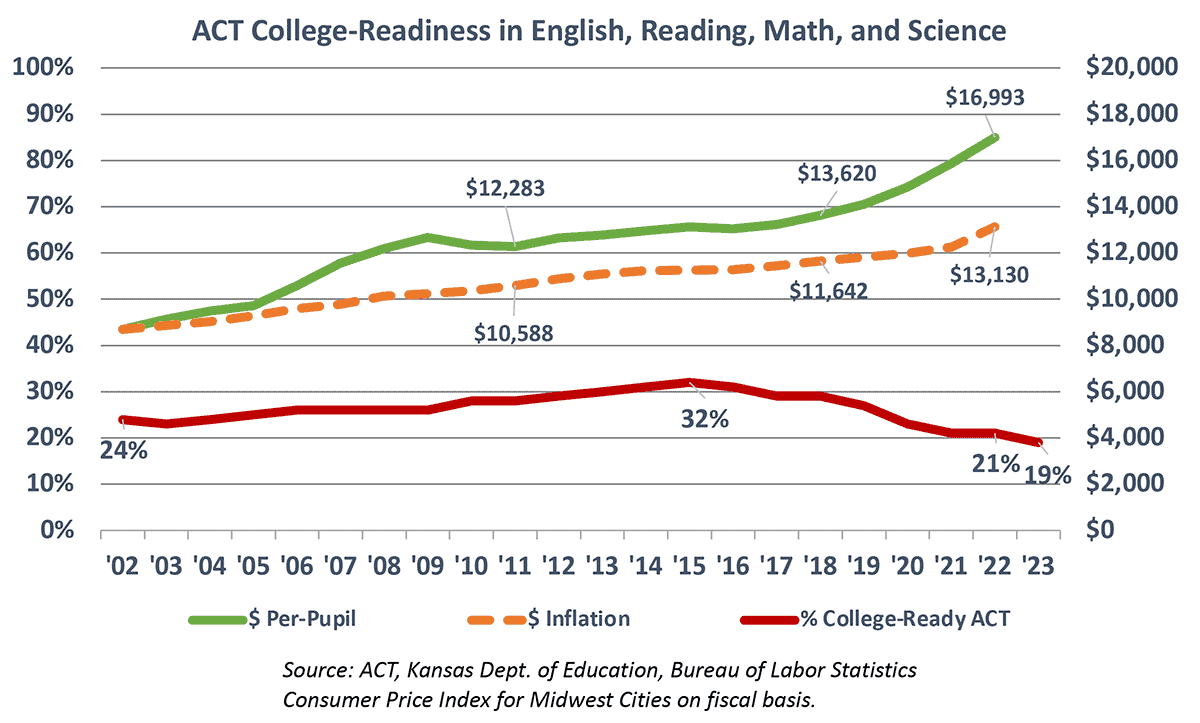(The Sentinel) — In a victory for parents, America First Legal recently announced a settlement agreement in a lawsuit it filed earlier this year against the West Shore School District in Pennsylvania over failure to allow parents to opt their children out of so-called “social-emotional learning” (SEL) curricula in the district.
According to a release from AFL, the district was “illegally subjecting children to radical and invasive” SEL materials and “illegally denying lawful opt-out requests from multiple concerned parents.”
SEL programs bill themselves as programs that build emotional well-being, teach things like respect and responsibility, and are anti-bullying/anti-suicide programs. However, they often simply act as a way for schools to smuggle in topics to which parents would otherwise object — such as discussions on race, gender, oppression, abortion, religious beliefs, and many others.
One of AFL’s plaintiffs objected to her children being part of her school’s SEL program because it required a sharing circle where “what is said in the circle stays in the circle.”
AFL’s release noted, “Whenever secrets are kept from parents, something inappropriate is going on, and we all have a natural revulsion to such ideas.”
In the settlement, the District has agreed that:
- The district’s responses to opt-out requests were not consistent and therefore ran afoul of the Plaintiffs’ 1st and 14th Amendment rights, violated a Pennsylvania religious liberty statute, and violated their own Board Policy 105.3.
- Parents can opt their children out of the district’s SEL curriculum, CharacterStrong, with a simple request to the district that identifies the SEL curriculum and states that the parent has a religious objection to it.
- The district agreed to immediately excuse the Plaintiffs’ children from all SEL instruction.
- The district agrees that the Plaintiffs’ children shall be removed from the classroom during any and all SEL instruction through grade 8. After reaching high school, if an SEL curriculum has been adopted, the teacher will provide a prompt so students can leave the classroom during the SEL instruction.
- The district agreed to pay the Plaintiffs’ attorneys fees and costs in the amount of $40,000.
“Critically, this settlement recognizes that parents have First and Fourteenth Amendment rights to direct the upbringing of their children,” the statement reads. “The settlement also provides a clear, consistent standard for parents in Pennsylvania to opt their children out of SEL curriculum throughout the state.
“Social Emotional Learning — like a Trojan horse — allows all types of dangerous ideologies to secretly enter public school curriculums that could not get in through the front door. As our nation’s schools fail to meet academic standards, they are increasingly opting to take valuable time to teach kids non-academic values that have always been specially reserved for parents to teach.”
Indeed, in Kansas, a historic drop in test scores began in 2016 — roughly when the “Kansas Can” standards were published by the Kansas State Department of Education, which prioritize “Social Emotional Learning” over academic achievement.
Moreover, at the same time, Kansas is seeing record funding of more than $17,000 per student and a 30-year low in ACT scores, the Kansas Association of School Boards is pushing for more funding.

The Kansas State School Board requires social-emotional learning in schools, theorizing that it will improve student outcomes. Many school districts also impose diversity, equity, and inclusion (DEI) programs with the same justification on achievement gains for low-income students and minorities, but state assessment results show outcomes declined, and achievement gaps grew worse for the very kids who were supposed to benefit from SEL and DEI.
Dave Trabert, CEO of the Sentinel’s parent company, Kansas Policy Institute, says the data indicate that education officials should drop the SEL/DEI experiment and get back to focusing on academic improvement.
“Education officials may have adopted SEL/DEI with the best of intentions, but prioritizing it over academic preparation as the State Board has done in its accreditation requirements is clearly having a negative impact on student achievement.”

